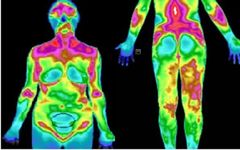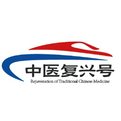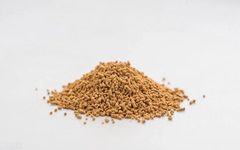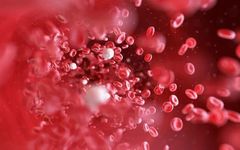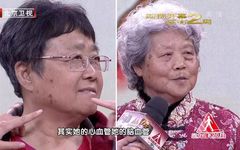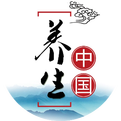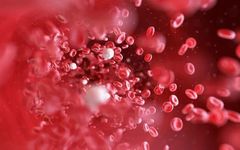Understanding Blood Stasis: Key Points to Consider for Effective Treatment
When the sublingual veins are engorged, thick, and dark, and there are frequent bruises on the body accompanied by a feeling of fullness and stabbing pain, along with skin blemishes, it indicates significant blood stasis in the body. However, no matter how many blood-activating and stasis-resolving herbs are used, they seem ineffective! The root cause … Read more


